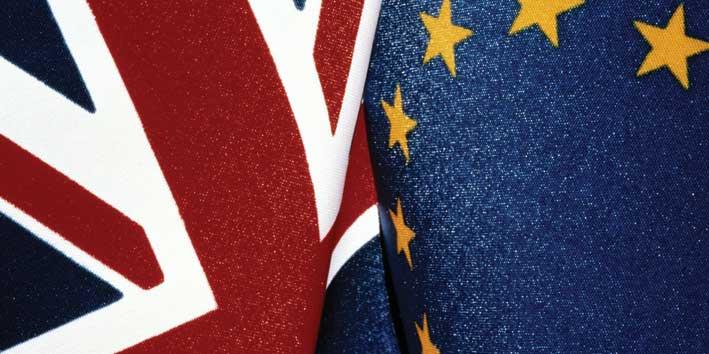Archbishop Charles J Scicluna believes that the arguments for and against the morning after pill changes in nature based on whether it is intervening with a life that has already began.
He explained that the Church’s position is that, once conception or fertilisation has taken place – should the emergency contraception intervene to prevent implantation, this is has an abortive effect.
“There is an effect when conception has taken place, the sperm has fertilised the egg and there is intervention to prevent implantation. This is an intervention on life which has already began. If the morning after pill is intervening before fertilisation this changes the argument entirely,” he said in an interview with Andrew Azzopardi on Radju Malta’s Ghandi xi nghid.
He fell short of declaring that he is in favour of the emergency contraception when it does not intervene on a life which has already began, however it appears from his comments that once clarity is reached on the different effects by the different active ingredients used the Church would not be in opposition.
“I think that our role is to invite people to make decisions for the common good. We do not want to impose our world view on people. I think that the role of science needs to remain the role of science. It would be very dangerous if science became an ideology, and hides important facts. This would be deceptive.
“The problem is that the Morning After Pill has different effects. In cases where it is abortive, we need to make choices in favour of life. If you tell me that no, the morning after pill is actually preventing conception, this is not abortive. There is no need for intervention to destroy a fertilised egg since in this case it would be preventing fertilisation in the first place. If it happened before fertilisation then debate changes entirely. We have always said that life starts at conception.
“Science needs to explain the different active ingredients in the morning after pills, and it is not up to me to request a boycott on certain pharmaceutical brands – we want a clear picture of how each pill works,” he said.

On the United Kingdom voting to leave the EU, Archbishop Scicluna said:
“I was shocked with the result, it wasn’t a complete surprise because in Britain they were saying it’s too close to call. In fact the result was very close, the difference was roughly 1.2million votes – which is not a lot.
“It is a big shock for Europe and a big shock for the UK. If there is another referendum, and Scotland, Northern Ireland and Whales vote to join the EU leave the UK, we will see unprecedented historical changes.
“The social impact of Brexit, even on us Maltese, could be significant when considering the amount of links we have with the British, for example in the areas of health, students and the amount of Maltese working in the UK and vice versa.
“I hope that they have a good future, I appreciate the challenges UK leaders faced. Religious leaders in the UK were all in favour of the island remaining in the EU, the message of the people is clear and it also makes us reflect. People are proposing a way forward and we need to see where this fits into the wider scope of things.
“How this fits into the bigger picture remains to be seen, it will be a big challenge if this referendum leads to the collapse of the United Kingdom.
“Fear is the word that comes to mind, fear of the possibility of a UK society collapsing – this referendum is not a sign of protest but of internal crises. The UK has a long history of democracy, and we hope that Malta’s position within the Commonwealth helps to maintain strong ties with Britain.
“The people’s wishes will take some time to come into effect. Article 50 must be invoked, and it is not so simple to leave the EU. It was said that Greenland took three years to exit – maybe Britain will take longer?
Fear breathes much complication from a political standpoint. London was a victim of a terrorist attack, which left a big impact. The Brits are known for their resilience – keep calm and carry on. The message which needs to be driven by politicians is this very one: keep calm and carry on.
He mused that the climate in which the Brexit decision was made was not ideal:
“To decide on such a monumental decision, you need a serene climate. On an international level, as well as within the UK sphere, there was not a serene climate – especially in light of the attack on deceased UK Labour MP Jo Cox. This shows a problem with democracy in the UK.
“The UK was instrumental in World War II, and the story of how events unfolded might have been very different without their presence. Today they decided however that they do not want to be part of the European dream – which was built to maintain peace and stability.
Turning to Prime Minister Joseph Muscat’s aide, and active blogger, Glenn Bedingfield, he said that “while we must be open to criticism, we should respect each other.”
Mr Bedingfield penned a string of highly critical articles against the Archbishop, some which many viewed to be as crossing a line.
“Within the political context showing respect can get difficult. We need to respect the freedom of speech but it does not take a big effort to criticise and show respect at the same time,” he concluded.